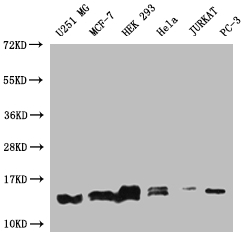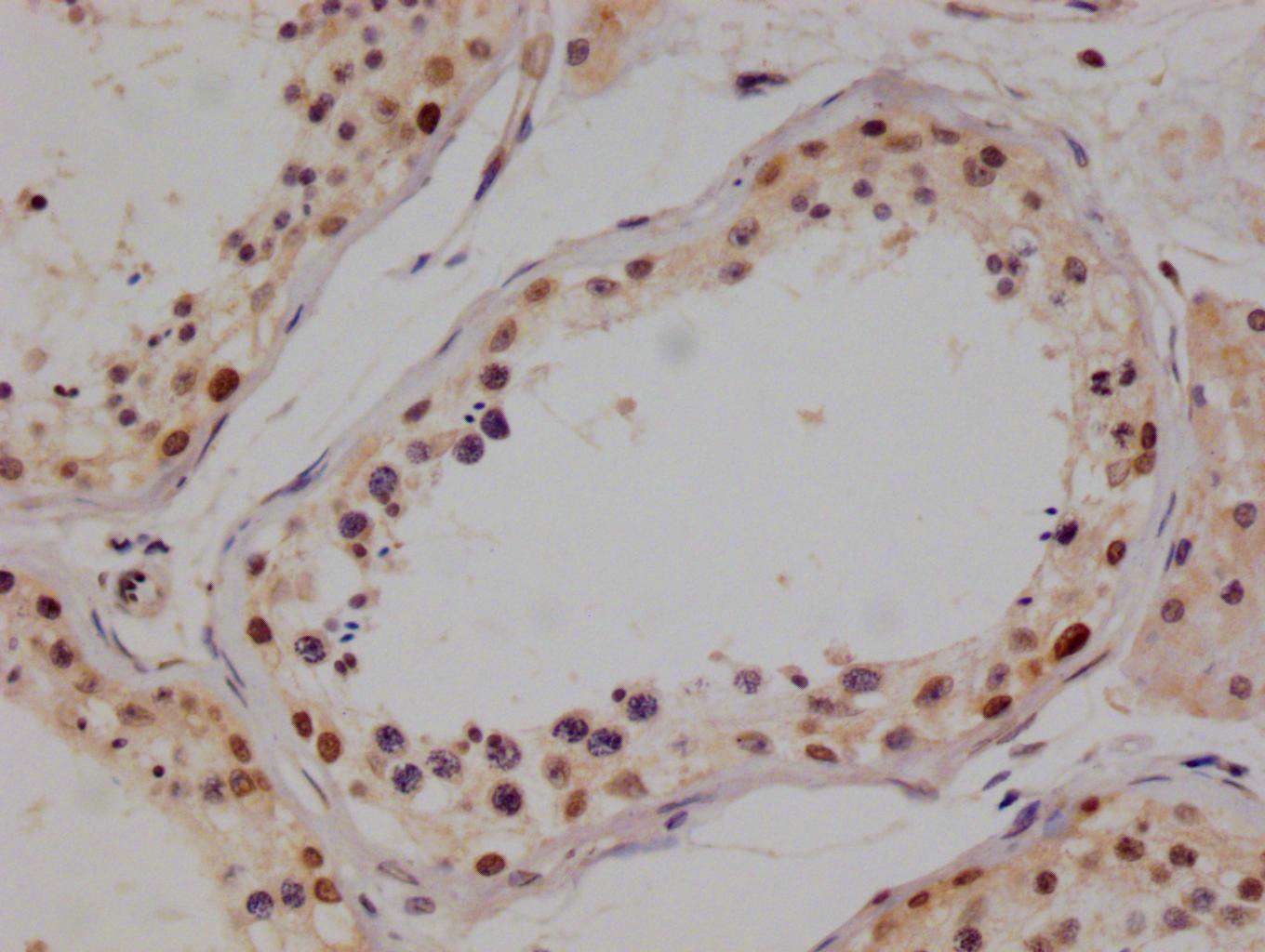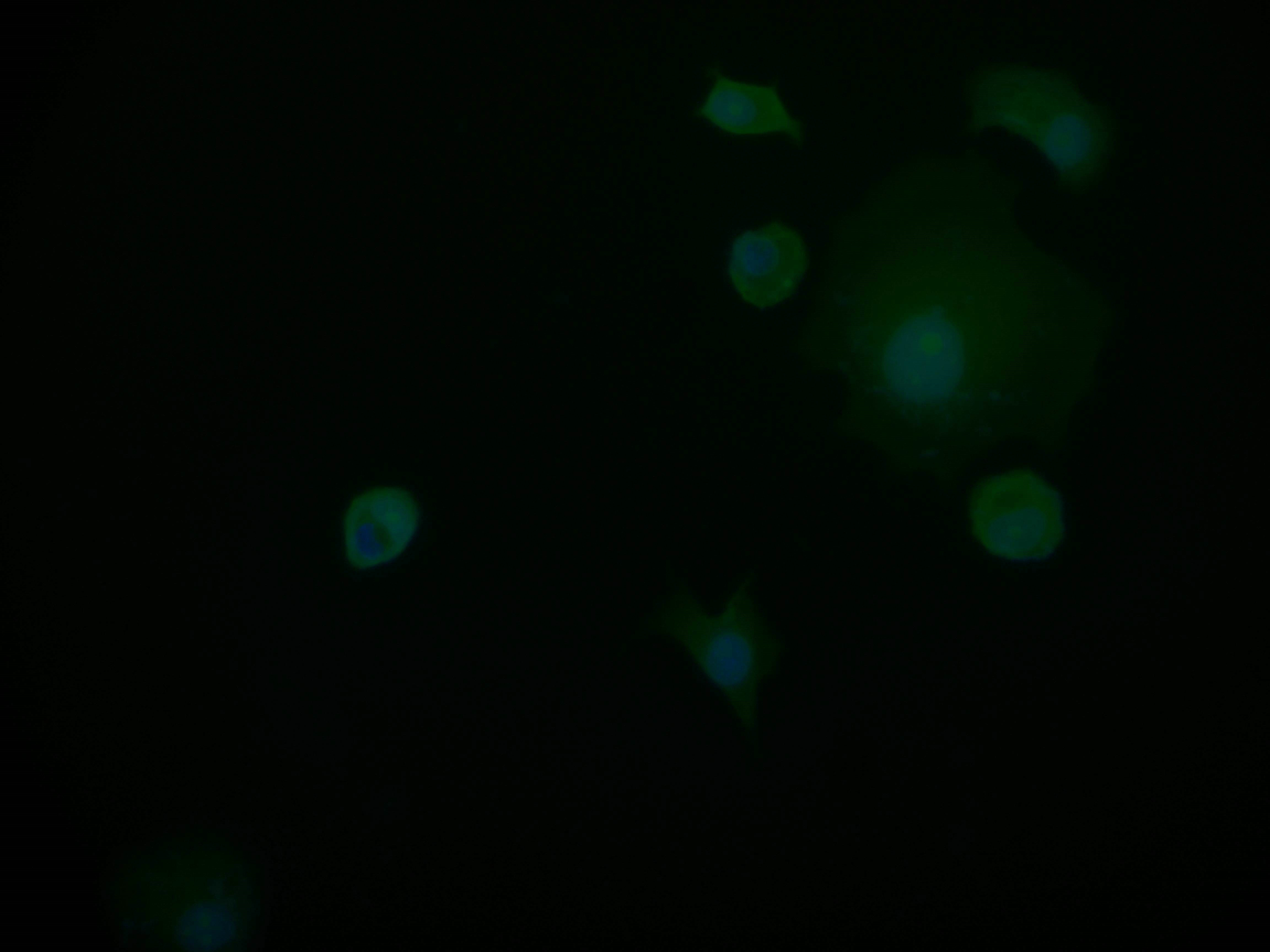CUSABIO meticulously developed the PIN4 recombinant monoclonal antibody through a well-defined production process. The procedure involved several sequential steps. Initially, B cells were isolated from the spleen of an immunized animal, using a synthesized peptide derived from human PIN4 as the immunogen. RNA extraction was performed on the isolated B cells, followed by reverse transcription to generate cDNA. The gene encoding the PIN4 antibody was then amplified using a degenerate primer and inserted into a vector. Through transfection, the recombinant vector was introduced into host cells, enabling efficient expression of the PIN4 recombinant monoclonal antibodies. Following cell culture, these antibodies were harvested from the supernatant and purified using affinity chromatography. Rigorous validation, including ELISA, WB, IHC, and IF testing, was conducted to confirm the PIN4 recombinant monoclonal antibody's specific reactivity with human PIN4 protein, ensuring its reliability and suitability for diverse applications.






